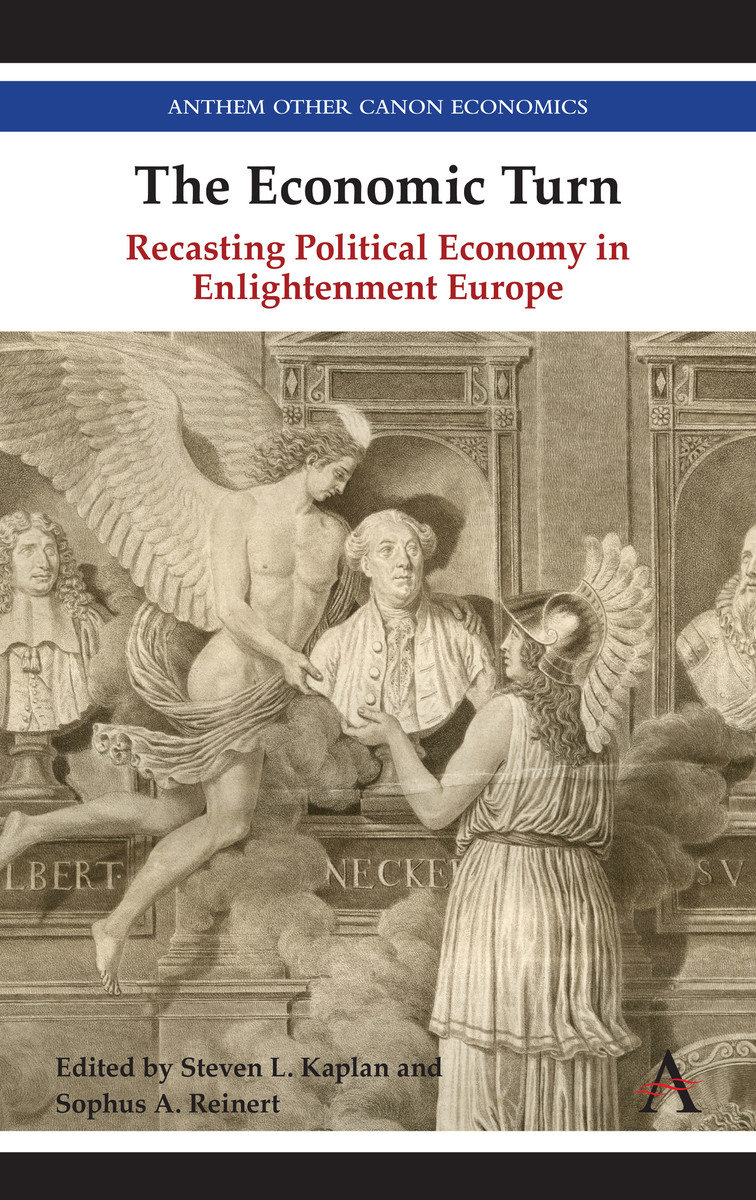The mid-eighteenth century witnessed what might be dubbed an economic turn´ that resolutely changed the trajectory of world history. From the birth of new agricultural practices and the foundation of private societies to the sustained and popular theorization of social and material phenomena, the period experienced an unprecedented interest in economic´ concerns across a wide spectrum of human activities and social strata alike.
The discipline of economics itself emerged amidst this turn, and it is frequently traced back to the work of François Quesnay and his school of Physiocracy (literally the Rule of Nature´). The school or, as it was called at the time, sect of économistes spearheaded a theoretically sophisticated form of economic analysis that postulated the virtues of laissez-faire and the unique ability of agriculture to generate wealth. Though lionized by the subsequent historiography of economics, the theoretical postulates and policy consequences of Physiocracy were disastrous at the time, resulting in veritable subsistence trauma in France. This galvanized relentless and diverse critiques of the doctrine not only in France but also throughout the European world that have, hitherto, been largely neglected by scholars.
Though Physiocracy was an integral part of the economic turn, it was rapidly overcome both theoretically and practically, with durable and important consequences for the history of political economy. The Economic Turn´ brings together some of the leading historians of that moment to fundamentally recast our understanding of the origins and diverse natures of political economy in the Enlightenment.


